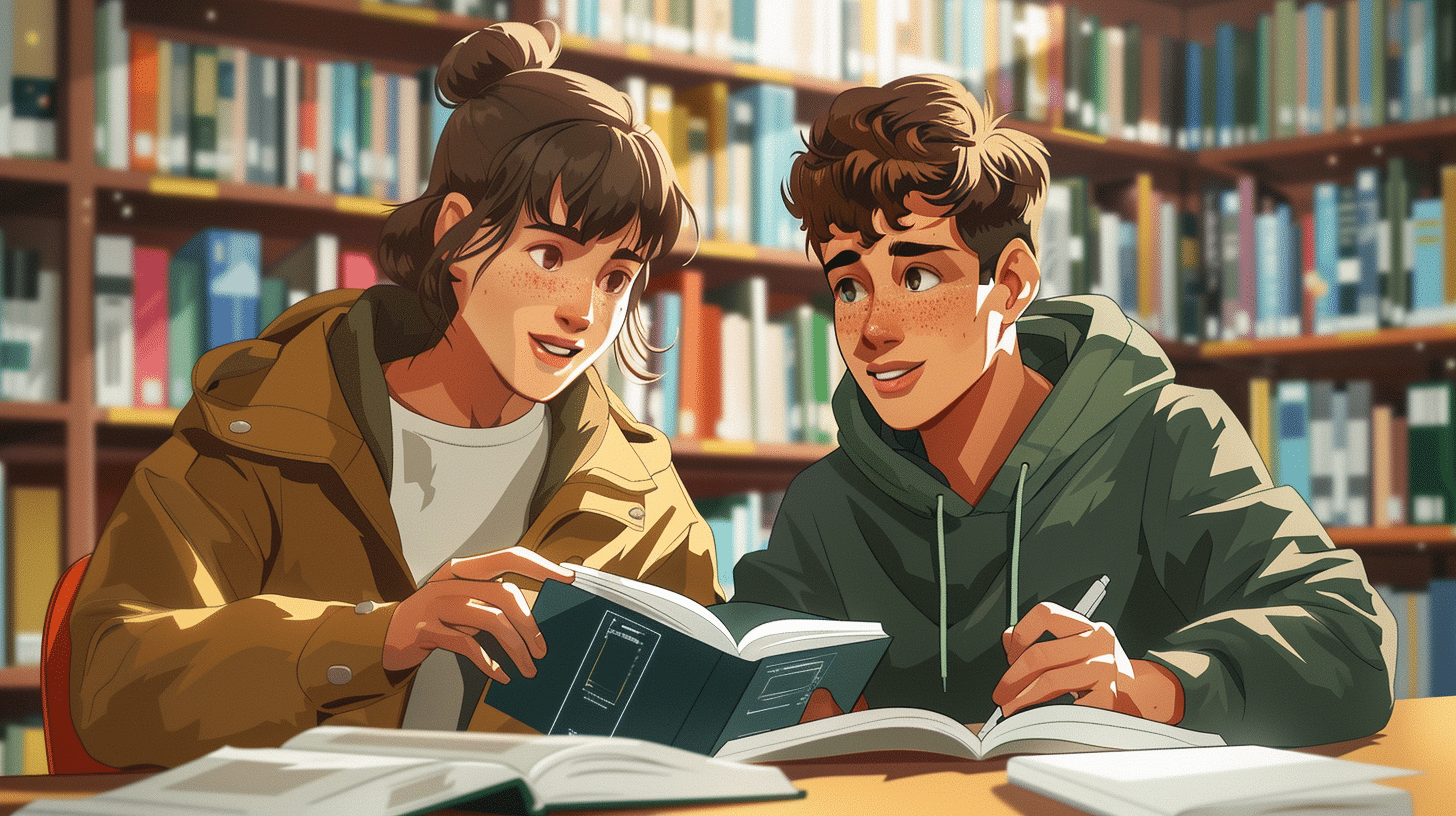Pick a language and start learning!
Position of adjectives before and after nouns Exercises in Italian language

Understanding the position of adjectives in relation to nouns is a crucial aspect of mastering Italian grammar. In Italian, unlike English, adjectives can appear both before and after the nouns they describe, and the placement can significantly affect the meaning and emphasis of a sentence. This flexibility allows for a richer and more nuanced expression, making it essential for learners to familiarize themselves with the rules and common patterns that govern adjective placement.
In general, adjectives that describe inherent qualities or are commonly used to emphasize a characteristic often precede the noun. For instance, in "una bella giornata" (a beautiful day), the adjective "bella" highlights the inherent beauty of the day. Conversely, adjectives that describe more specific, distinguishing features usually follow the noun, such as in "un uomo alto" (a tall man), where "alto" specifies the height of the man. Through targeted grammar exercises, you will practice and internalize these rules, enhancing both your understanding and your ability to use adjectives effectively in Italian.
Exercise 1
<p>1. La ragazza ha un *bel* sorriso (an adjective that means "beautiful").</p>
<p>2. Ho comprato una *nuova* macchina (an adjective that means "new").</p>
<p>3. Mi piacciono le *grandi* città (an adjective that means "big").</p>
<p>4. Abbiamo visto un *antico* castello (an adjective that means "ancient").</p>
<p>5. Lui è un *bravo* ragazzo (an adjective that means "good" or "well-behaved").</p>
<p>6. Ho letto un *interessante* libro (an adjective that means "interesting").</p>
<p>7. Hanno una casa *vecchia* (an adjective that means "old").</p>
<p>8. Maria ha una *bella* voce (an adjective that means "beautiful").</p>
<p>9. Vogliamo visitare il *nuovo* museo (an adjective that means "new").</p>
<p>10. Ho trovato un *piccolo* ristorante (an adjective that means "small").</p>
Exercise 2
<p>1. Ho comprato una *bella* casa (adjective describing a house).</p>
<p>2. Il *nuovo* libro è molto interessante (adjective describing a book).</p>
<p>3. Ho visto un *vecchio* amico al parco (adjective describing a friend).</p>
<p>4. La *grande* piazza è sempre affollata (adjective describing a square).</p>
<p>5. Abbiamo visitato un *piccolo* villaggio in montagna (adjective describing a village).</p>
<p>6. Il *lungo* fiume attraversa la città (adjective describing a river).</p>
<p>7. Mi piace il *verde* prato dietro casa (adjective describing a lawn).</p>
<p>8. La *bella* città di Roma è piena di storia (adjective describing a city).</p>
<p>9. Ho comprato un *nuovo* telefono (adjective describing a phone).</p>
<p>10. La *vecchia* macchina è ancora funzionante (adjective describing a car).</p>
Exercise 3
<p>1. Ho visto un *bel* film ieri sera (adjective indicating beauty).</p>
<p>2. Abbiamo incontrato una *vecchia* amica al parco (adjective indicating age).</p>
<p>3. Questo è un *grande* problema da risolvere (adjective indicating size).</p>
<p>4. La pizza *napoletana* è la mia preferita (adjective indicating origin).</p>
<p>5. Hanno comprato una *nuova* macchina la settimana scorsa (adjective indicating newness).</p>
<p>6. Ho letto un libro *interessante* durante il viaggio (adjective indicating interest).</p>
<p>7. Vorrei una *piccola* porzione di gelato (adjective indicating size).</p>
<p>8. L’insegnante ha dato una spiegazione *chiara* dell’argomento (adjective indicating clarity).</p>
<p>9. Questo è un *antico* palazzo romano (adjective indicating age).</p>
<p>10. Abbiamo visitato una città *affascinante* durante le vacanze (adjective indicating charm).</p>







